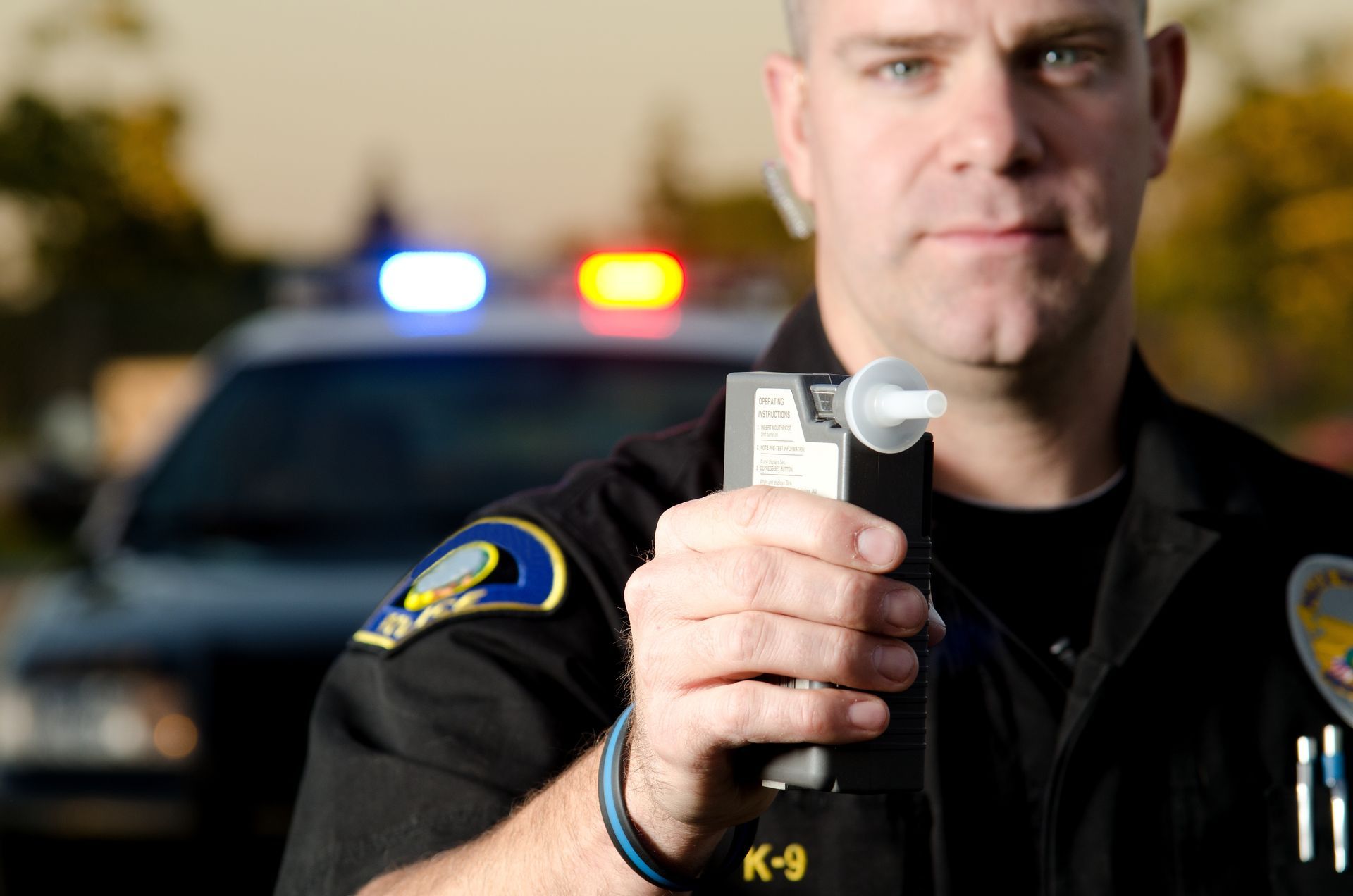What Does the Vetoed Fentanyl Bill Mean for Drug Crimes in Arizona?

If you’re facing a fentanyl-related drug charge in Arizona, the recent veto of the fentanyl bill passed by state legislators is good news.
The bill, which aimed to increase penalties for fentanyl offenses and expand the definition of fentanyl-related crimes, was vetoed by Arizona Governor Katie Hobbs on April 11, 2023.
While the bill was written to decrease fentanyl-related deaths, some advocates argued it could lead to over-criminalization of drug offenses and disproportionately impact underprivileged communities.
In spite of the veto, drug crimes involving fentanyl can still carry severe consequences, including jail time and hefty fines.
If you're facing a drug charge in Arizona, it's crucial to seek the guidance of an experienced criminal defense attorney who can help you understand your legal rights and options, build a strong defense strategy and work to protect your freedom and future.
Background on Fentanyl and AZ Senate Bill 1027 and 1029
In recent years, fentanyl has become one of the most dangerous and deadly drugs sold on the streets of Phoenix and throughout the US. In the medical field, fentanyl is a prescription pain medication used to treat severe pain, such as pain from cancer or serious injury.
Unfortunately, the drug has made its way to the public where it continues to wreak havoc on people of all ages and backgrounds.
The danger of fentanyl lies in its potency – it’s estimated to be about 50 to 100 times stronger than morphine. This means even a small amount of fentanyl can lead to an overdose. Additionally, fentanyl can be easily mixed with other drugs, such as heroin, cocaine or methamphetamine, without the user’s knowledge, leading to unintentional overdoses.
Fentanyl also has a rapid onset of action, which makes it difficult for first responders to revive overdose victims with naloxone, a medication used to reverse opioid overdoses.
To counter the fentanyl epidemic, Arizona Senator Anthony Kern introduced Senate Bill 1027 and Senate Bill 1029. SB 1027 aimed to impose harsher sentencing on drug dealers and manufacturers if children younger than 15 were to be injured or killed by fentanyl while SB 1029 would have resulted in first-degree murder charge on drug dealers if it could be proven the fentanyl they sold or gave to a person resulted in an overdose and subsequent death. SB 1027 would also have imposed hefty prison sentences for individuals convicted of possessing, distributing and selling fentanyl and other hard drugs. For instance, first-time offenders faced a minimum of 10 years in prison.
Why Senate Bill 1027 Was Vetoed
The goal of SB 1027 was to deter people from using and distributing fentanyl by imposing harsh prison sentences. Although people generally understand committing crimes can have dire consequences, those who use and sell drugs frequently struggle with crippling addiction, which prevents them from just saying “no" to drugs. Imposing harsh prison sentences may not address the root cause of drug addiction or effectively prevent drug use and distribution. Instead, investing in drug treatment programs and increasing access to resources for those struggling with addiction may prove to be a more effective approach in combating the opioid epidemic and reducing drug-related crimes.
According to Governor Hobbs, SB 1027 was vetoed because it would have significantly undermined the Good Samaritan Law the governor signed this year. The law basically states you cannot suffer legal consequences like incarceration if you summon help to save someone experiencing a drug overdose. Had SB 1027 not been vetoed, people sharing and distributing fentanyl and other drugs would likely not call 911 to save someone’s life due to fear facing first-degree murder charges.
Penalties for Drug Distribution in Arizona
Although sharing fentanyl with someone who later overdoes and dies will likely no longer result in first-degree murder charges, those who distribute drugs in Arizona and are caught in the act can still face harsh consequences.
The penalties for drug distribution in Arizona vary depending on the type and amount of the drug being distributed, as well as the offender's criminal history.
For example, distributing fentanyl is considered a Class 2 felony and can result in up to 12.5 years in prison for a first offense. Repeat offenders or those who distribute large amounts of drugs may face even longer prison sentences and steeper fines.
In addition to criminal penalties, drug distributors may also face civil lawsuits from the families of those who have been harmed or killed by the drugs they distributed.
Speak with a Phoenix Criminal Defense Attorney
Whether you’re facing drug possession or drug distribution charges, a drug conviction can have serious, long-term consequences on your life. You may lose out on a rewarding career, suffer reputational damage or even lose access to public services or housing.
To protect your interests and your future, consider hiring board-certified criminal defense attorney Michael Alarid. He has a deep understanding of the law and can develop a strong defense strategy tailored to your unique circumstances.
To schedule a consultation, call the Law Office of Michael Alarid III in Phoenix at 602.818.3110.



